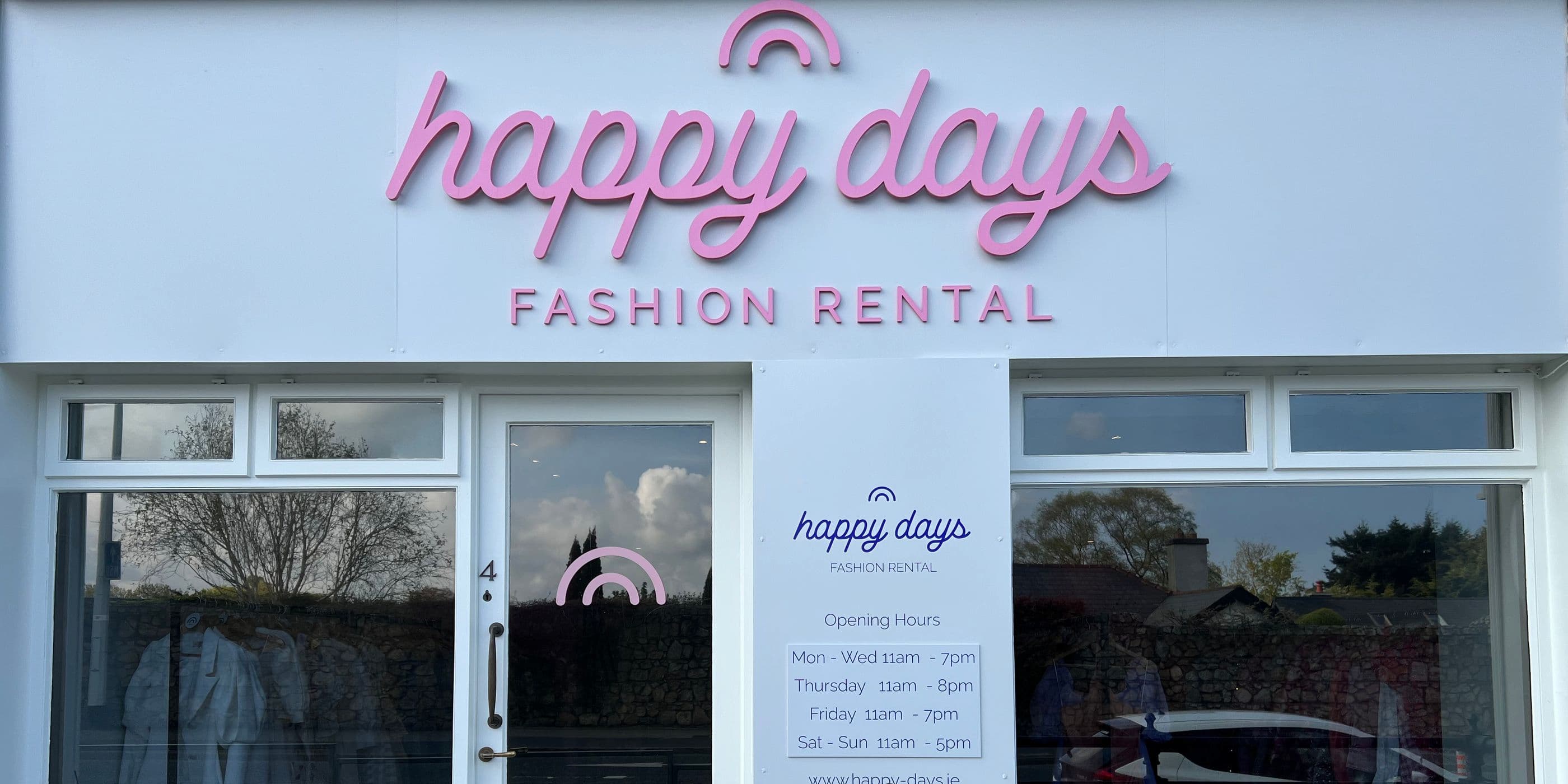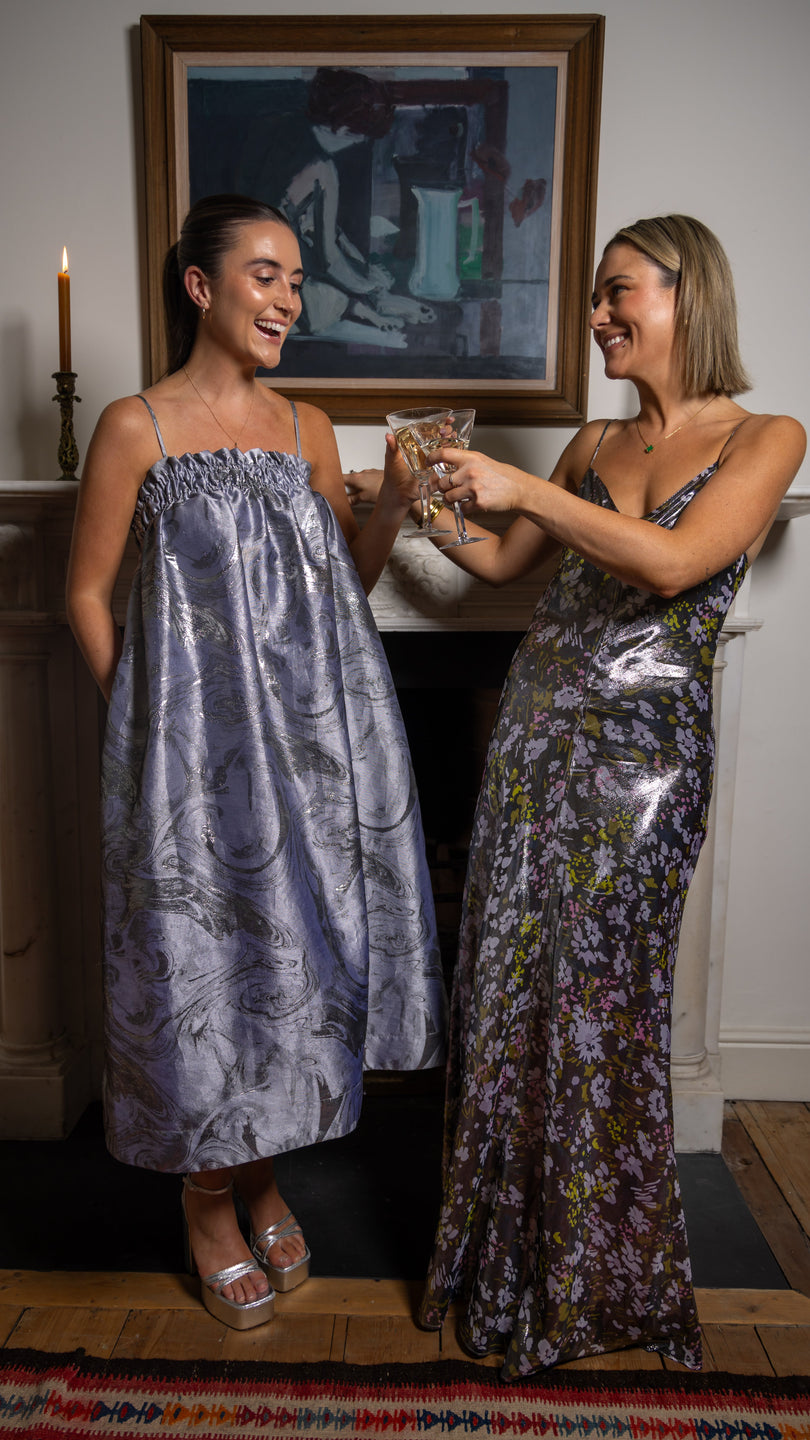At present, so-called “fast fashion” sees new clothes ranges turn over every six weeks in some of the popular department stores as well as on the internet. This contributes some 64% of landfill worldwide every year. Shockingly, half a tonne of unwanted clothes is dumped in landfill across Ireland every minute, according to the charity Oxfam.
The production of fast fashion in third world countries – if and where it is carried out in a non-exploitative manner – can contribute to local wellbeing, at least in the short term. However, the amount of disposal these products require is literally unsustainable over the medium term.
So how can we address this negative contributor to climate change? One obvious way would be to see a greater use and reuse of garments with a longer “shelf life”! In Ireland and elsewhere, there is a growing trend among the socially conscious towards what has been labelled “slow fashion”. Slow fashion emphasises the continued use of quality garments over a much longer period than their fast fashion counterparts. This trend is evident in the increased use by discerning customers of dress hire and vintage shops for clothing of quality. Dress hire now goes far beyond the traditional men’s suppliers to include high end designer outfits for women of all ages and for all sorts of social occasions. Customers can hire or buy such clothes in the knowledge that they are part of a solution and not of a problem. That problem is, of course, the existential challenge of climate change.
However, there is a “but”. There is always a “but”!
Designer price tags and the environmental cost of fast fashion makes it difficult to keep up with current trends for many consumers. Fast or circular fashion offers a sustainable and affordable solution for customers to rent fashionable designer pieces without the hefty price tag. Circular fashion promotes environmentally conscious choices through the process of short-term rental of slow fashion, particularly where such clothes are dry cleaned and transported in an environmentally friendly way. A number of outlets are now offering such short-term rentals in Ireland and the number is rapdidly gowing! While the service is still in its infancy here, for all the right reasons, it is one that should be promoted and barriers to its success removed or reduced. A significant obstacle to the development of this area is the high rate of VAT – at 23 per cent – that applies to the rental of clothing.
Policy makers and economists traditionally have seen taxation as having two functions. The obvious one is the raising of revenue for the Exchequer. But taxation is also used to induce changes in behaviour, the classic case being the heavy taxation of tobacco and alcohol. However, the induction of changes in behaviour through taxation doesn’t always have to rely on heavier taxes. The reverse can also be the case. Reduction of VAT in the hospitality industry for a limited period – in the light of the fallout from Covid – was designed to encourage people to resume attending hospitality venues and is perceived as having been a success. This is despite the suggestion that it was not passed on to the customer in all cases.
Reducing VAT on clothing rentals, if only for a limited period initially to test the waters, would likely have a similarly positive effect as regards greater rental of these goods. “Testing the waters” could be easily done by comparing before and after prices if such a reduction of VAT were to be introduced.
In the interests of both sustainable development and value for money for the consumer at a time where the cost of living is rising rapidly, serious consideration should be given to reducing the rate of VAT on clothing rental and the sale of vintage stock.

















